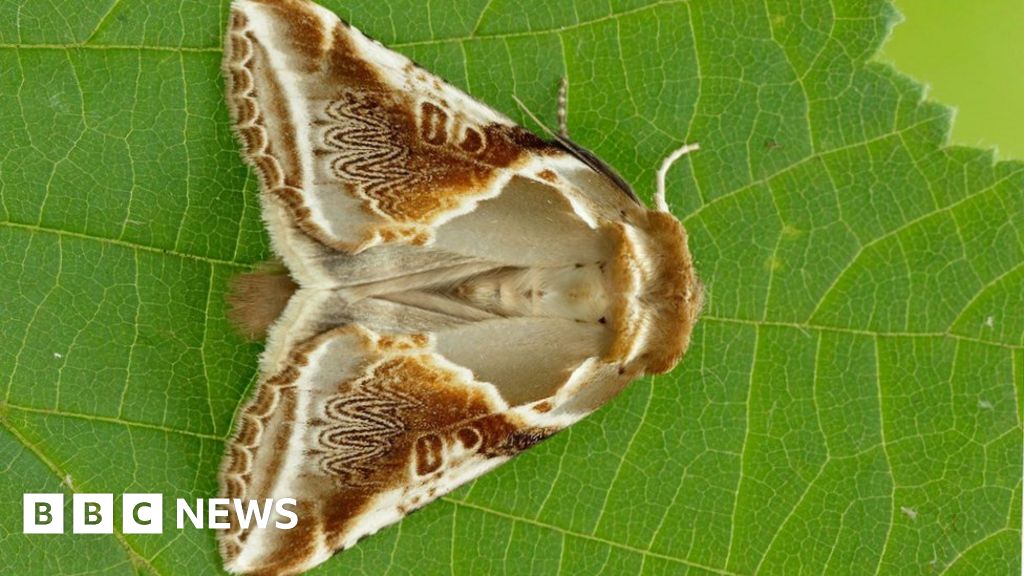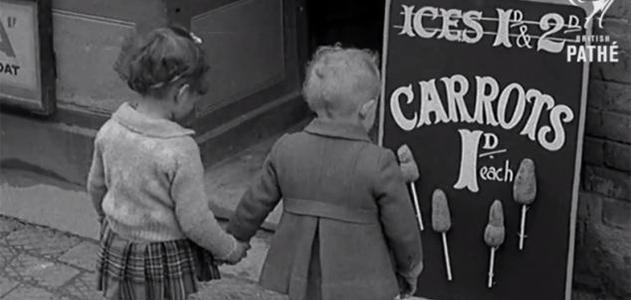- Location
- South Molton

Light pollution from street lamps linked to insect loss
Scientists say light pollution is a factor driving "worrying" declines in local insect populations.
www.bbc.co.uk
Light pollution from the general public.






